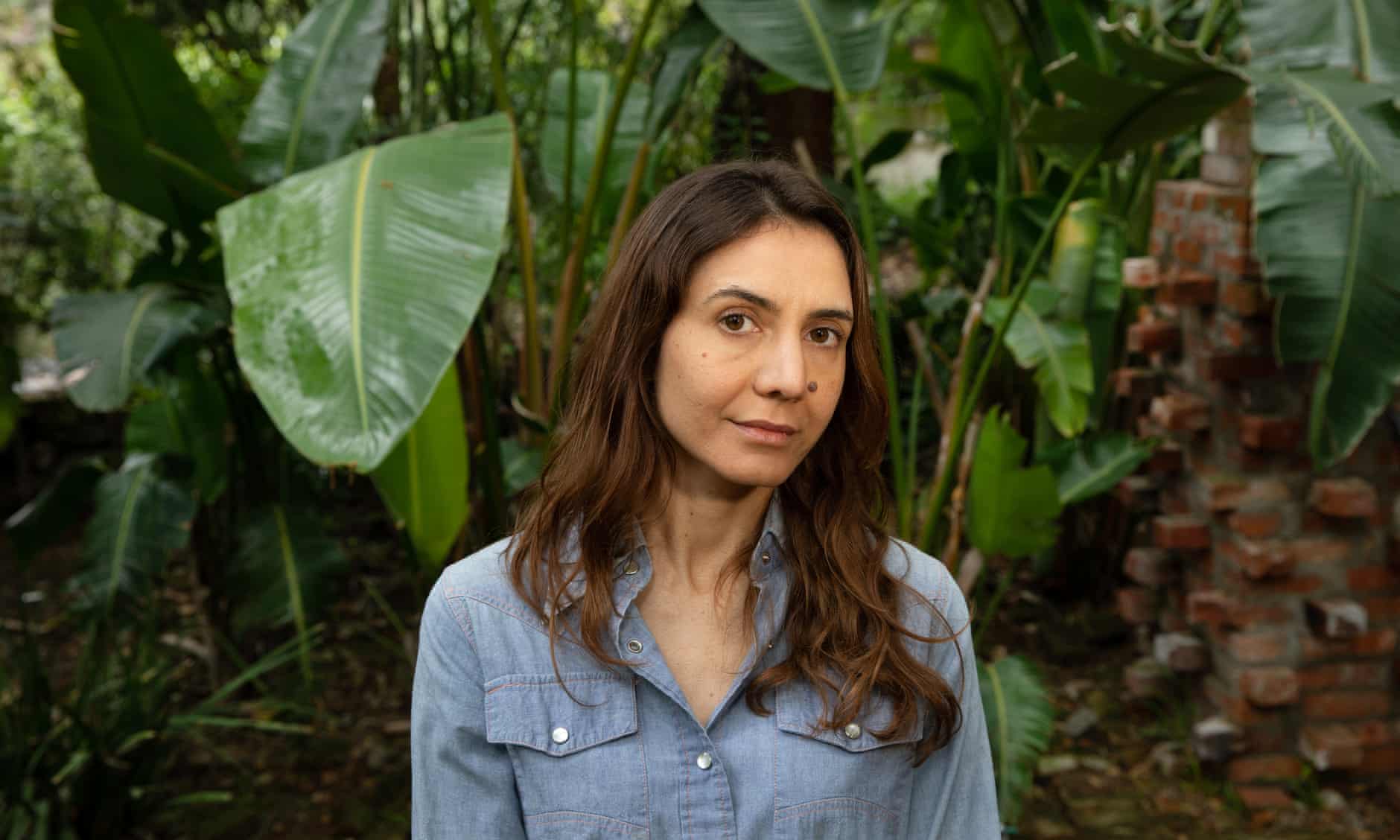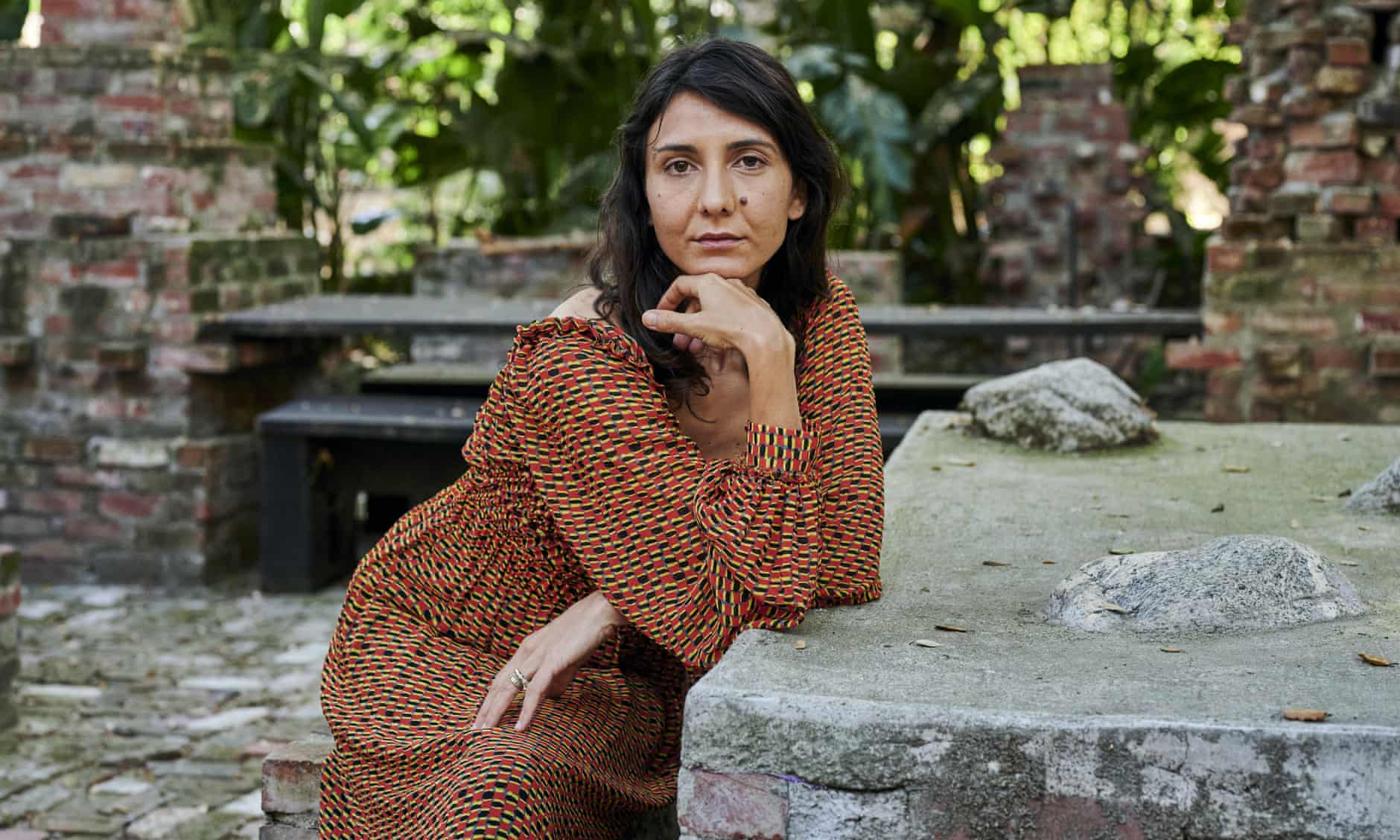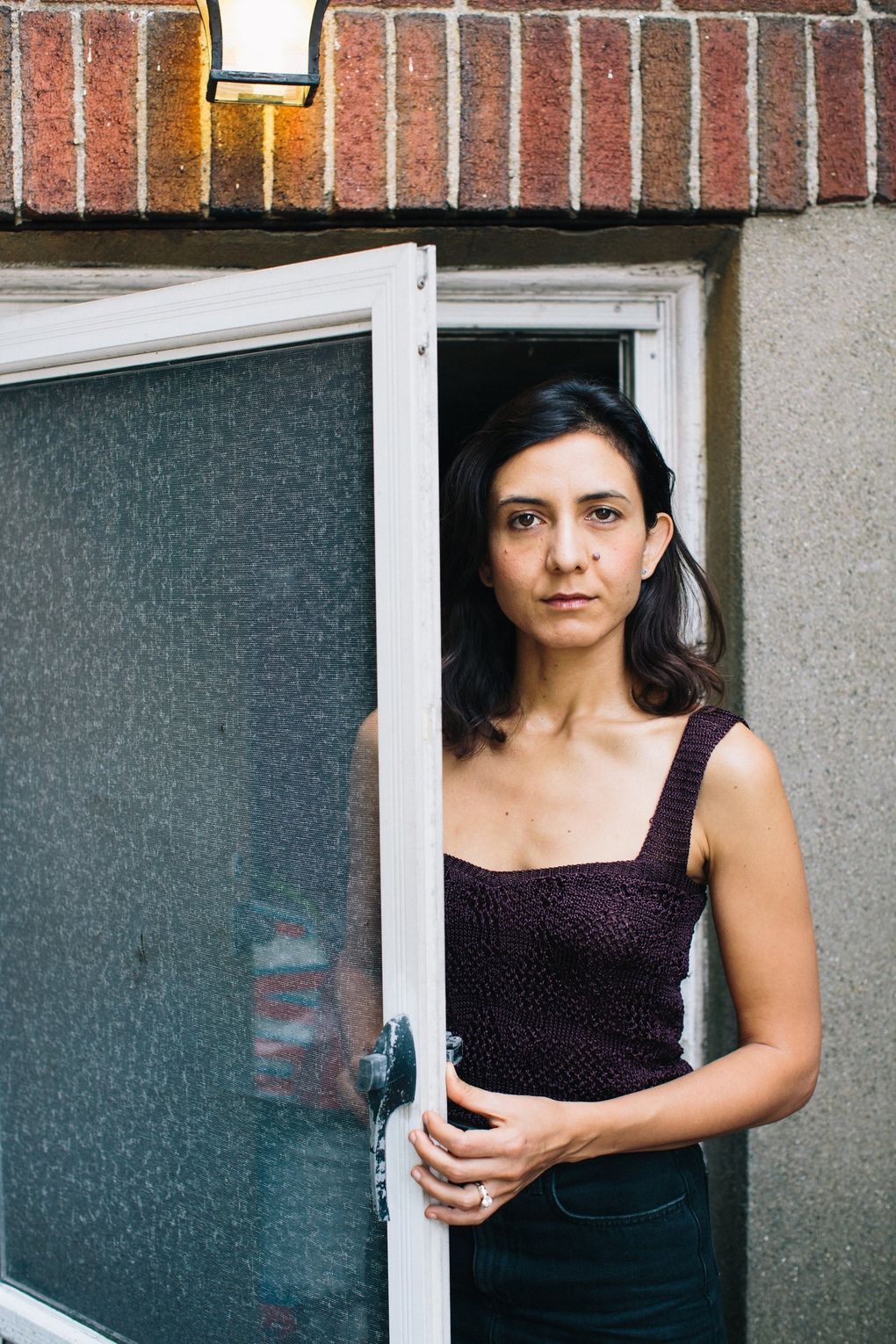Lapvona: Ottessa Moshfegh's Most Depraved Book To Date
Featured Image: Lapvona cover taken from critical essay by Bekah Waalkes 'Lapvona's Christian Narrative'. Published on Ploughshares, June 2022.
‘Lapvona’ is Ottessa Moshfegh's fifth novel (published in 2022). It follows the lives of a medieval fiefdom's inhabitants over a year, contrasting their lives with the lavish lifestyle of their presiding Lord Villiam.
Moshfegh’s prior publications have dabbled in darker elements, e.g., her debut novella ‘McGlue’ details an alcoholic sailor accused of murdering his gay lover, and her second publication, ‘Eileen’ tells the tale of an alcoholic who experiences paranoia and suffers abuse at the hands of her father. ‘Homesick for Another World ', her 2017 collection of short stories, features rampant “decay, both moral and corporal.”
In ‘My Year of Rest and Relaxation,’ the protagonist lingers in a pharmaceutically induced ether, in an attempt to sleep indefinitely. ‘Death in Her Hands’ relates the story of an elderly woman who finds a note in the woods writing about a dead woman named Magda. The note claims that this is her dead body… except there is no body attached to the note.

Photograph: Dan Tuffs/The Observer. May, 2023.
With this in mind, it should come as no surprise to learn that ‘Lapvona’ covers similarly dark and mature themes. It is, however, a total departure from her previous work. ‘Lapvona’ cranks the graphic violence and overall depravity up to a ten. No, actually, twelve. It is no exaggeration to say that I read most of the novel with my hand firmly clamped over my mouth both in shock and revulsion.
Interested readers should be advised that from here on out I will discuss some spoilers.
The novel is structured via seasons rather than chapters, with the text both beginning and ending in Spring.
Moshfegh opens the text with a bandit raid that kills “two men, three women, and two small children." (pg. 3) Yet life in Lapvona can only get worse, over the next 300 pages.
Her cast of characters includes Jude, Agata, Marek, Ina, Villiam, and Jacob. Personally, I prefer this style of a community-based story from Moshfegh, compared to her protagonist-centred texts, which can at times feel too self-obsessed.
Don’t get me wrong, not a single character in ‘Lapvona’ is particularly… likeable, good, respectable, etc... But they are interesting, and through them, Moshfegh crafts a thoroughly enlightening study of human nature in all its beauty, gore, grief, joy, and perhaps most notably its complete and utter randomness.

Photograph: John Francis Peters/The Guardian
Most of the characters act out of total selfishness and animalistic instinct, whether it’s the whimsical, casually cruel Lord Villiam, who “was so accustomed to being entertained that any drama, however real it was, seemed to him as one staged for his private amusement.” (pg. 81)
Or the obsessively pious, yet ravenously lustful Jude whose “piety was a kind of violent urge and not the love and peace it ought to be.” (pg. 16) Moshfegh ensures that the reader does not doubt the fact that Lapvona is filled with an at best morally neutral and at worst worryingly sinister society.
Ghosts occupy a large portion of the narrative, kept alive by those still living, rather than supernatural forces. Living characters infuse the dead with fanciful depictions of how the deceased would behave, and the dead cannot correct you, leaving the residents of Lapvona free to imagine perfect companions. Still, Moshfegh is quick to ground the reader in the fact that these ideas are simply fantasy at points throughout the book, with the characters' idealistic fantasies about certain ghosts being shattered.

Photograph: Jake Blecher
Each season brings new terror for the Lapvonians, as Moshfegh makes one thing clear: if God does exist he is like the ambivalent Lord Villiam in his manor, he simply does not care. A bandit raid in Easter, a famine and man-made drought in Summer, and the slow collapse of the fiefdom in Autumn and Winter.
‘Lapvona’ is a wild ride. If you have a sensitive stomach or are triggered by extreme violence and depictions of sexual assault/rape, give this one a miss. On the other hand, if you’re a fan of literature that leans into degeneracy, you will enjoy this character study of an entirely reprehensible society.
Ultimately, ‘Lapvona’ is Moshfegh’s most interesting work to date and is an engrossing exploration of total moral abandonment.
All quotes from ‘Lapvona’ (2022) are taken from Vintage, Penguin Random House, 2023 edition.

